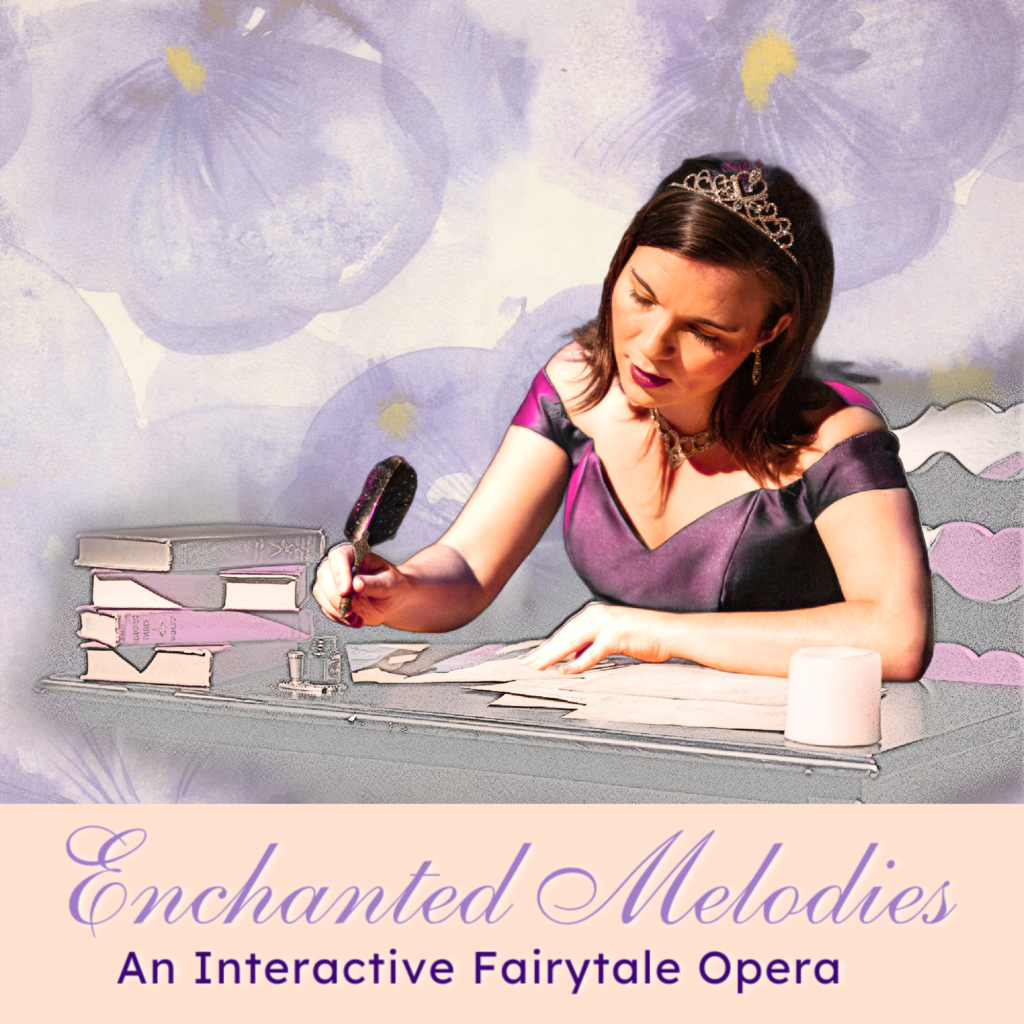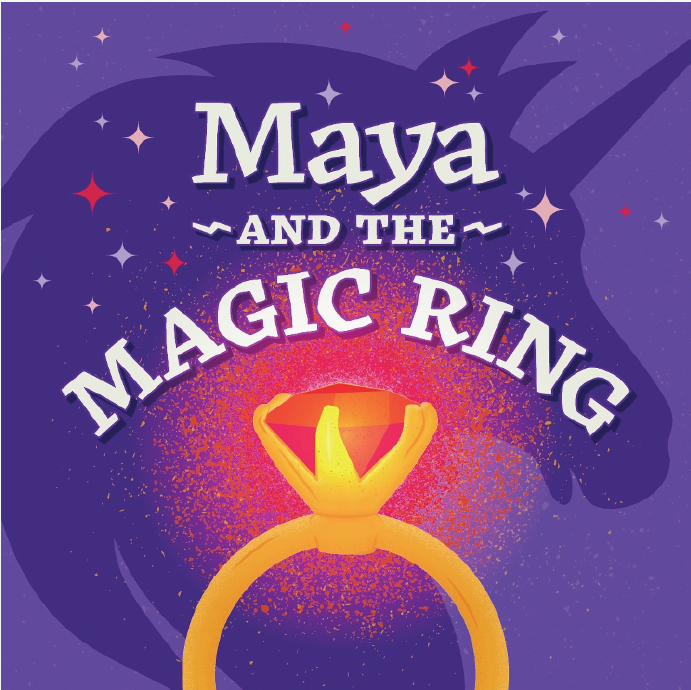Off Book: Julia Mintzer, Vol. 1 Ep. 2
April 12, 2021
A blog interview (blinterview?) with Julia Mintzer.
LOOC: Julia! You’ve had such a wealth of experience from conservatories, to YAPs, to international experience. What do you wish you could go back in time and tell yourself as an emerging artist?

Julia: BOUNDARIES! Oh, gosh… I wish I could go back and teach my twenty-something self some work/life boundaries. It’s a tough one, because in order to have a life in music, you have to love it so passionately, and pour so much of your heart and soul into it. So how do you do that without leaving your heart and soul completely vulnerable? When I was giving so much of myself to every performance or every rehearsal, bringing my whole self and identity into every coaching and masterclass, I think I wasn’t learning to put a boundary between who/what I AM, and what I was doing – not even what I DO, but just what I was doing on that particular day, on that particular moment, in that particular room. That moment was just one small representation of one small part of who I am as an artist, which is just one small part of who I am as a human.
Moving to Germany, starting at the Dresden Semperoper, with barely any German, was a big wakeup call in this regard. The German rehearsal culture is unique in that positive reinforcement isn’t really a thing. You generally only get told when you are doing something wrong, so you can correct it. This, of course, is perfectly efficient; keeping you going emotionally isn’t the job’s responsibility. When I figured this out, I realized that being open and giving your whole soul to the art doesn’t mean putting your whole soul’s wellbeing at the mercy of the people who happen to be making the art with you in that specific moment.
When I was still in school, there was definitely a culture among the more experienced teachers/coaches that valued tearing you down so they could build you back up. I think ultimately this was about ego and ownership, and I’m seeing less and less tolerance for it, which is great. It doesn’t help anyone make better art. With the benefit of hindsight and maturity, I can see how so many of the comments our colleagues and instructors make are much more about them, and whatever they are going through that day, whatever happened to them in their own life before they stepped into that room, than about you.
The greatest pearl of wisdom came from my undergrad voice teacher at Juilliard, but I didn’t have the perspective to appreciate it until much later. After working up the courage to tell her, “Please don’t [cuss] at me in lessons, it makes it very difficult for me to absorb the rest of what you’re saying because it shuts me down emotionally,” she screamed: “I’m 67 [$@#%ing] years old, and I’m not going to adjust my neuroses to accommodate yours.” In a way, it was the kindest thing she could have said. Her neuroses. Not mine. She owned it.
LOOC: That is so eye opening! You’ve already touched on a few, but could you tell us about a professional situation where you didn’t have a desired outcome, but you learned something important instead?
Julia: I was approached to direct a new chamber opera for a long running but very small group in London. The piece was really interesting, and the artists involved on the musical side were very exciting to me. However, the production budget and tour venues would have given me very little to work with visually, and the company didn’t have the reach in terms of marketing and PR to get the show seen by the people in the industry who I would have wanted it to reach in order to get other, bigger jobs .
I proposed doing a co-production with another, newer company, who weren’t as established yet musically but excelled with PR and marketing, and they have a specific look to their shows that I like a lot! I thought the two companies might be able to complement each other, give me the ability to create a more stimulating show, and bring in the audience I was seeking. It was a win win, right? Well, from the first meeting, it was apparent that the heads of these two companies weren’t a good match.
As freelance artists, most of us are working from a scarcity mentality– we have the instinct to take every gig we can, because you never know what the next one will be. In this situation, I had to fight that mentality and accept that this would not have been a good use of my time. Ultimately I turned the job down, and suggested a young colleague of mine who could benefit from the experience, and could utilize the tools that the initial company would be able to offer on its own.
LOOC: We know how scary it can be to turn down work, so it’s nice to know you can make the most of a hard decision and benefit everyone involved. Ok, last question. How has your career path changed from what you envisioned as a young artist?
I thought (and people have repeatedly told me) that I’d have to choose definitively between singing and directing sooner rather than later. Until my late 20s, I believed them. I’d been told to keep the directing hidden, use a different name, or simply not do it… or to make a grand pronouncement that I was quitting singing and go back to school for directing. This may have been good advice if I’d wanted to be taking on both duties at the same size opera houses at the same time. When I was starting out, that wasn’t the case, so quitting directing wasn’t a make-or-break condition for me. I’d like to bring the professional level of productions that I’m directing closer to the ones where I’m singing eventually, but I love both. Each directing project makes me a better singer and vice versa. For now I’ve found a way to stimulate both parts of my brain and I know I’m a better artist for not giving up my directorial aspirations.
LOOC: Thank you for sharing so many valuable experiences with us! We’ll link your one-on-one coaching for the LOOC Off Book series here when it debuts on 04/12/2021!





